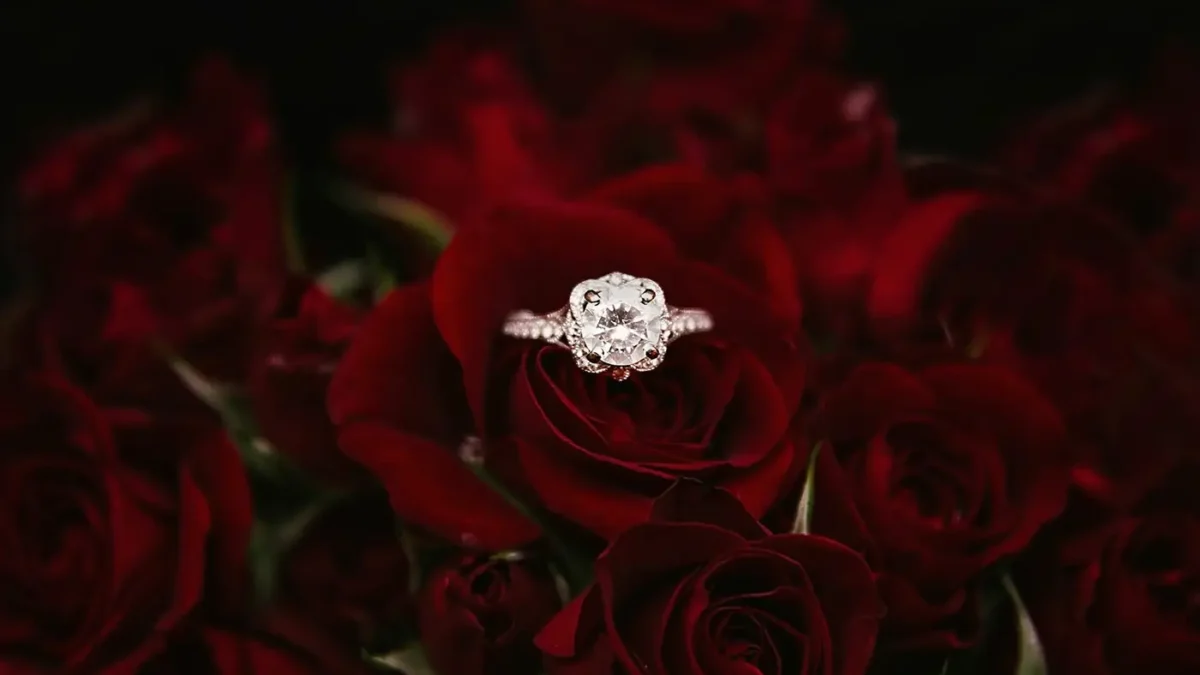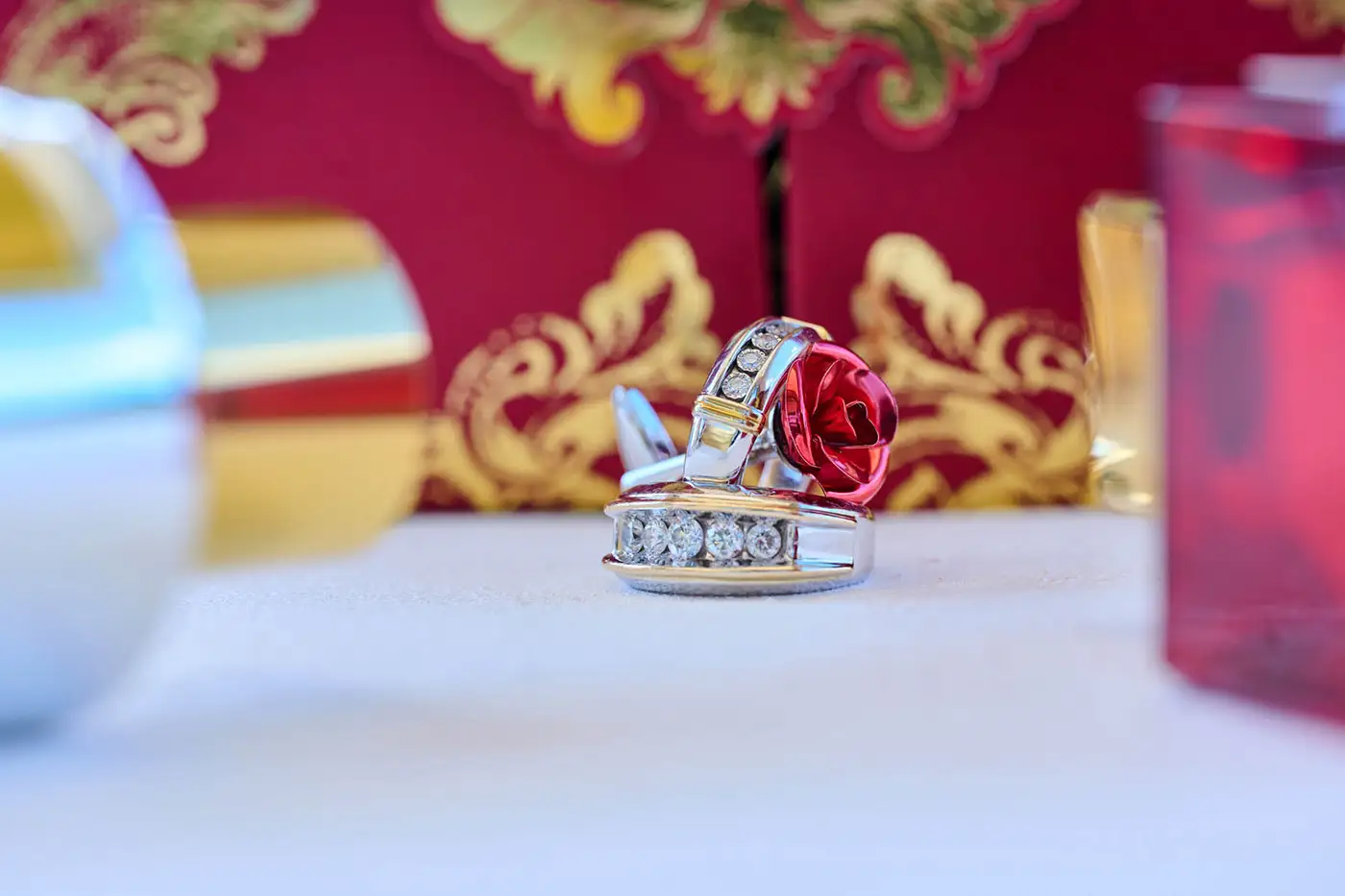As awareness of environmental and ethical issues grows, more couples are seeking sustainable options for their engagement rings. But what exactly is a sustainable engagement ring, and how can you ensure that the symbol of your love is both beautiful and ethically sourced? Here’s what you need to know about sustainable engagement rings and tips on how to shop for one.
What is a Sustainable Engagement Ring?
A sustainable engagement ring is one that is created with minimal environmental impact and under ethical working conditions. This can be achieved through several methods:
- Conflict-Free Diamonds: These are diamonds that have been mined and sold under conditions that do not fund armed conflict or exploit workers. The Kimberley Process Certification Scheme helps ensure that diamonds are conflict-free.
- Lab-Grown Diamonds: Also known as synthetic diamonds, these are created in a laboratory using advanced technology that replicates the natural diamond formation process. Lab-grown diamonds are chemically, physically, and optically identical to mined diamonds but have a significantly lower environmental impact.
- Recycled Metals: Using recycled gold, platinum, or silver reduces the need for new mining, which is often environmentally destructive. Recycled metals are refined to the same quality as newly mined metals.
- Vintage or Antique Rings: Choosing a vintage or antique ring means no new resources are used, and you can find unique, one-of-a-kind pieces with historical value.
How to Shop for a Sustainable Engagement Ring
Shopping for a sustainable engagement ring involves a bit of research and consideration. Here are some steps to guide you:
- Research Reputable Jewelers Start by looking for jewelers who specialize in sustainable and ethical jewelry. Many jewelers now offer collections of conflict-free, lab-grown, or recycled rings. Check for certifications such as Fairtrade Gold, the Kimberley Process, or membership in the Responsible Jewellery Council (RJC).
- Ask About Sourcing When considering a ring, ask the jeweler about the sourcing of their diamonds and metals. Reputable jewelers should be transparent about where their materials come from and the ethical practices they follow. Look for detailed information on their supply chain and any third-party certifications.
- Consider Lab-Grown Diamonds Lab-grown diamonds are an excellent sustainable choice. They offer the same brilliance and durability as natural diamonds but with a smaller carbon footprint and no risk of contributing to conflict. They can also be more affordable, allowing you to get a larger or higher-quality stone within your budget.
- Look for Recycled Metals Opt for rings made from recycled metals to minimize environmental impact. Many jewelers offer beautiful designs using recycled gold, platinum, or silver, ensuring that no new mining activities were required to create your ring.
- Explore Vintage and Antique Options Vintage and antique rings are inherently sustainable since they don’t require new resources to produce. You can find these rings at estate sales, antique shops, or through jewelers who specialize in vintage pieces. Each ring comes with its own history and charm, making it a unique choice.
- Verify Ethical Practices Ensure that the jeweler adheres to ethical practices beyond just sourcing materials. This includes fair wages, safe working conditions, and environmentally responsible production methods. Ethical jewelers often provide this information on their websites or upon request.
Choosing a sustainable engagement ring is a meaningful way to symbolize your love while supporting ethical and environmental causes. By considering conflict-free diamonds, lab-grown diamonds, recycled metals, and vintage options, you can find a ring that aligns with your values. Do your research, ask the right questions, and select a reputable jeweler to ensure that your engagement ring is as sustainable as it is beautiful. This way, you can cherish your ring knowing it represents not just your love story, but also a commitment to a better world.
Equally Wed
MOST VIEWED STORIES
- A Closer Look at Formalwear Trends: What Data Says About Suits in 2025
- A Celebration of Blush & Bashful at Madonna Inn for Two Grooms Alex and Joey
- Amanda + Victoria’s French Quarter Engagement
- Elevated monochromatic minimalism wedding inspiration
- Kristen Stewart and Dylan Meyer Have Officially Tied the Knot



























